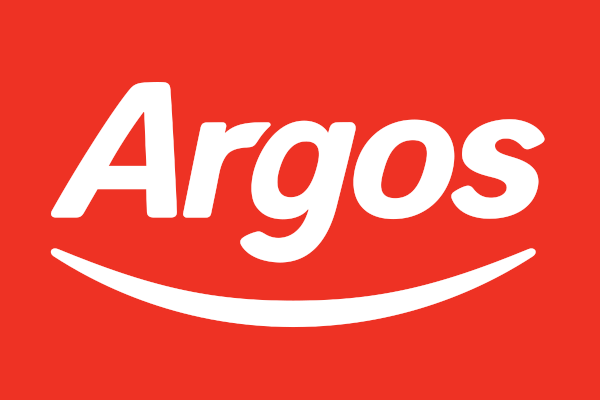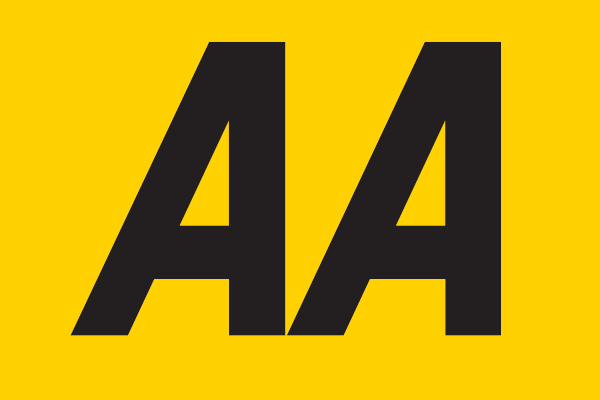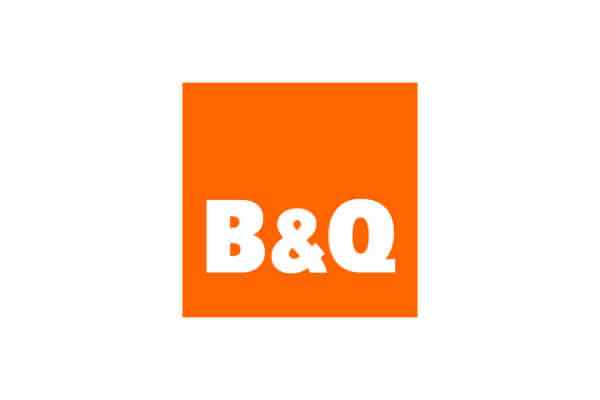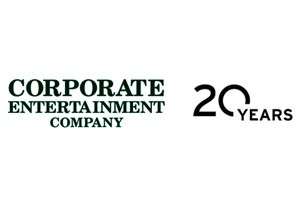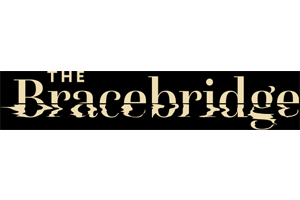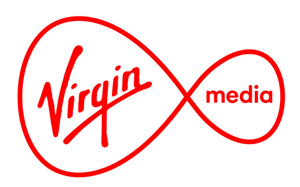Shops – In Store Shopping
Consumer Rights Returning Goods
If you’ve bought an item in-store and now need to return it, there are ways for you to claim a refund. As a consumer, you have rights concerning your trader when you buy something from them. Whether it was because the goods turned out to be faulty, find out all of your rights using our simple guide.
Search for a Company to begin a Claim
What is a trader?
The trader is the person who acts for the business or profession. The person that sells goods and or provides the consumer with a service.
This ‘person’ does not just cover one individual. If the business is a partnership, then the person will refer to both. Likewise, the person in this context relates to a company or business. If employees are hired to do business on behalf of the trader, then the trader is still responsible.
Who is the consumer?
A consumer is someone who buys services and or goods from the trader. If the consumer is buying products which are not intended for personal use, but trade and business needs, then the law does not consider or protect them as a consumer.
The contract between the trader and consumer
A contract is established when a consumer purchases goods or services from a trader. This contract can be classed as the agreement between the parties and is supposed to bind them legally. The law also sets out standards which both parties should follow.
To be legally binding, the terms must be set out before the agreement, and they must be legal. Therefore any terms given to the consumer after the contract will not apply. For example, if a condition is written on a receipt after the purchase has already been made, then it will not have any effect.
These contracts do not have to be physically written; however, it is good practice for essential terms to be in writing. This will help if there are any breaches or disputes later on.
If either party does not follow the terms of the contract, then this is called a breach of contract.
When a breach occurs, then it must aim to be corrected by the offending party.
As a consumer, it is vital to understand your rights and know what terms your trader must fulfil when you buy goods. These rights apply to purchased goods, digital content and services.
What are goods?
Goods are physical items that you can hold. They can be bought online or in store. Goods can be anything from a mobile phone to a dress and also includes both new and second-hand items.
What is digital content?
Digital content is data and anything that is distributed in a digital format. Officially it relates to information that is produced and distributed in digital form. For example downloaded music, phone applications and games are digital content.
What is considered a service?
A service is when a trader carries out work for the consumer. TA service can range from getting your teeth checked at the dentist or having a meal provided for you at a restaurant.
Sometimes, what you buy can be a mixture of these three types. In this case, you will need to refer to the part that is faulty to know what rights you have.
What rights do I have returning goods?
Returning your goods will depend on many things such as where you bought them from and the reason you want to return them.
It is important to note that the older Sale of Goods Act 1979 has been replaced with the new Consumer Rights Act 2015.
The most significant rights to be aware of when returning items are within the Consumer Rights Act and the Consumer Contracts Regulations.
These two pieces of legislation are particularly relevant to the returning of goods. They set out your rights when returning faulty goods that have been purchased both in store and online.
Once you know and understand your rights as a consumer, you will be in a more significant position to get your money refunded.
If you have bought in the store, it is essential to check the returns policy of the shop and make sure that they stick to it.
Store returns and exchanges policy
You will only be able to return non-faulty goods that you’ve bought in store if the retailer has specified it in their returns policy. By law, stores are not required to have a returns policy, but if they do, they must stick to it. This is usually printed on the receipt or signboards in store and online. If you are unsure whether the store has a returns policy, then you can call the customer service department and find out.
In most cases, retailers will have goodwill returns policy. This means that they will either exchange or refund your goods if you choose to return them. At times they may offer you a credit note for the return.
If you want to return an item that you have purchased online, you will have more rights protected by the Consumer Contracts Regulations.
There will be time limits for returning non-faulty products. This should be clearly set out in the retailer’s returns policy. This period might be 28 days but will extend this during holiday periods such as Christmas.
If you paid for your goods using a credit card, then you will also be protected by Section 75 of the Consumer Credit Act.
Can I return all items?
Some retailers have policies that do not allow all items to be returned. They should clearly state what items this relates to. In most cases, as long as the product is unused and in original condition with the original packaging then it can be successfully returned.
Some exceptions to this include DVDs and CDs where the seal has been broken, items that are perishable such as fresh food and flowers, personalised and made to order items which have been uniquely customised. In these cases, you will not always be able to return the item.
What do I need to return goods?
What you need to return goods will depend on the specific retailer’s policy. At times they will only change the item for you or compensate you with a credit note. While in other circumstances, they will provide a full refund. Here are some of the things you need to make a successful return.
1. A receipt
It is best practice to always keep your receipts in case you need them later for a return. If you are buying an item for someone else, you can ask for a gift receipt. This will allow them to return the item themselves later. When you want to return an item, take your receipt with you as proof of purchase.
But do not worry if you have lost the receipt as you might be able to use your bank statement as proof of purchase.
2. Your payment card
If you paid for an item using your credit or debit card then make sure to take it when making a return. This is because refunds will usually be credited onto the original card you paid with. At times you might be able to ask for a refund in cash instead.
3. The original packaging
Taking the original packaging with you helps when returning an item. This can include any tags or labelling. This helps with credibility and shows the item is still in a good state.
I have lost my receipt, can I still get a refund?
Legally, the retailer does not have to give you a refund if you change your mind and want to return an item without the receipt. Sometimes they might offer you a credit note or an exchange as compensation, so there is no harm in asking.
But if your goods are faulty, you have the legal right to a refund, replacement or repair. This right is protected by the Consumer Rights Act. It will be enough to a bank statement with the transaction because this acts as proof of purchase.
Do I have to accept credit notes?
Sometimes, the retailer will only offer credit notes or vouchers for unwanted returns. This should not apply for faulty goods. If you are returning an item because it is faulty, then you do not have to accept a credit note instead of a refund.
Consumer rights protected by the law do not allow retailers to take away the right to a refund.
Returns that do “not affect your statutory rights”
Many times stores will state that “this does not affect your statutory rights” yet many customers and even staff members do not understand what it means.
This means that if you buy something in store, you have no legal right to return it unless it is faulty. Many times the stores will have a returns policy that will allow you to return in this case. Retailers are bound to the policies they create and must follow them should you wish to return an unwanted item.
Having statutory rights means that you have a legal right to refunds if your goods are faulty. These rights override shops returns policy and protect you in case the retailer does not want to give a refund.
When am I unable to make a claim?
If defects and faults are told to you before you buy the item, then you will not be able to make a claim. Similarly, if you inspected the item before purchase and there were apparent faults, you will not be able to claim if you then buy it.
If you cause damage to your goods, have fair wear and tear, or change your mind about owning it, then you will not be able to claim for it.
Additionally, if you buy an item and attempt to use it for a purpose that it is not suited for, you will not be able to make a claim. An exception for this is if the retailer tells you the item will be suited for what you intend to use it for.
Returning an item after six months
If you wish to return an item after six months, you will need to prove that the fault existed before you bought the product. This means proving that the fault is not because of the usual wear and tear caused by usage. For this, you may need to get an expert to examine and report on your product. You can do this by going to a mechanic or an engineer. Make sure to keep records of any cost this is to you as you may be able to claim for this.





